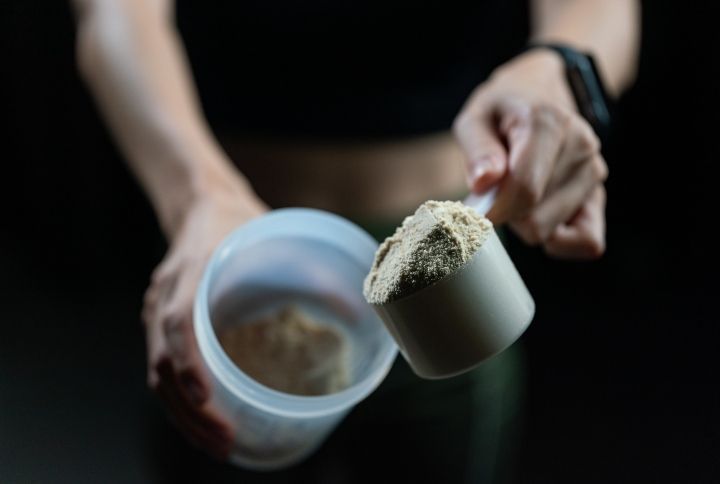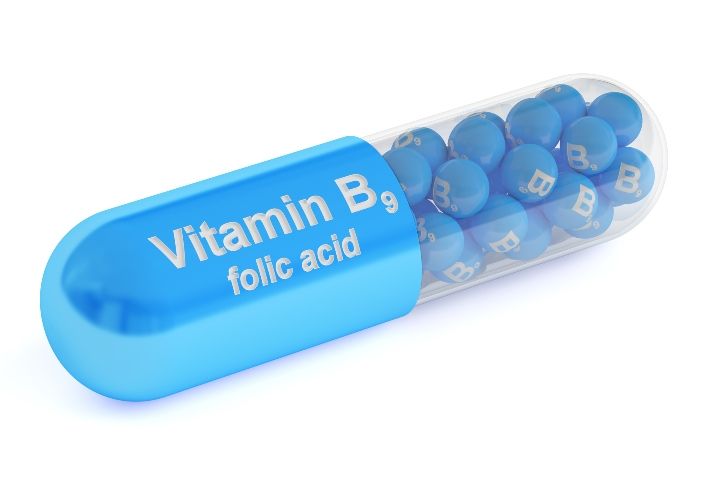Modern day lifestyle are fast-paced and a healthy diet often takes a backseat amidst all the pressures of work and family. According to the latest research, 30 percent of urban Indian households get their calorie intake from processed foods, and these statistics are only going to rise, given the increase in disposable income. Processed foods are replete with sugar, fats, and other additives that make it harder for our bodies to derive any true nutritional value from it.
Hence, more often than not, most people are in need of extra help to meet their daily nutritional needs, and this is where health supplements step in! They help us get the right amount of protein, vitamin, minerals and other nutrient requirements that food may not provide. For example, vegetarians may have to depend upon supplements for their supply of Iron and Vitamin B 12. Pregnant women may have to depend on supplements to ensure the right amount of Folic Acid.

There are a lot of myths around the usage of such products. And we spoke to Rohit Shelatkar, VP at Vitabiotics and a fitness and nutrition expert to bust the most common myths around supplements. Below are the 4 common myths debunked!
1. Supplements Have Steroids
Supplements were originally designed to tackle nutritional deficiencies and as a general rule of thumb, there are fewer preservatives in a supplement than a regular packaged food item. Organisations like the FDA and FSSAI keep a close eye on any kind of irregularities in supplements; hence, there is very little scope of supplements having steroids in them. However, individuals should conduct their own research and stay away from brands that list preservatives, GMOs, and additives on their labels.

2. They Are Not For Women
This is the most common myth among female fitness enthusiasts. A daily protein supplement does not lead to women having bulky shoulders and longer arms! Only specific kinds of weight training can help to build muscle and bulk up. And owing to the low levels of testosterone, the essential muscle-building hormone, women don’t bulk up the same way that men do. Hence, supplement intake will only help women develop a firmer body and leaner muscles.
3. All Supplements Are Safe Because They Are Natural
This is another common myth that is associated with health supplements. Not everything that is labeled natural is always good. It is important to be smart and read the actual nutritional contents on the product label. A lot of manufacturers label products as natural because it is trendy to label products that way, hence, it is important to research the brand and verify claims of these so-called natural products.

4. They Are Totally Unnecessary
This is not true. Health supplements are beneficial for many people trying to manage certain health conditions. Take for example a person who is on a calorie-restricted diet due to chronic obesity, this individual will be in need of certain multivitamins and minerals that cannot be consumed due to dietary restrictions. Another pertinent example would be that of pregnant women in need of folic acid supplements; lack of folic acid can often lead to serious complications such as spina bifida—a birth defect that occurs when a developing baby’s spinal cord fails to develop properly.
In today’s internet era, there is lots of information floating around and it can get quite hard to sift through what information is correct and what’s misleading. Hence, it is important to consult a physician before consuming any type of supplements. And it is also important to know that they are meant to be an addition to our daily diet and not a replacement for healthy meals.
Follow @missmalinilifestyle for more updates.

